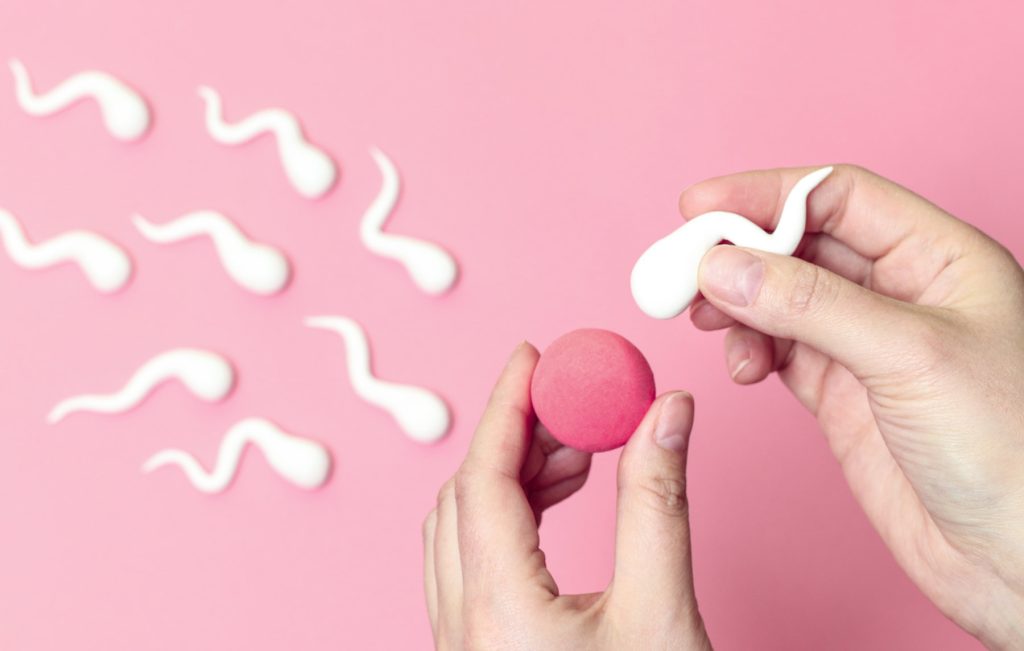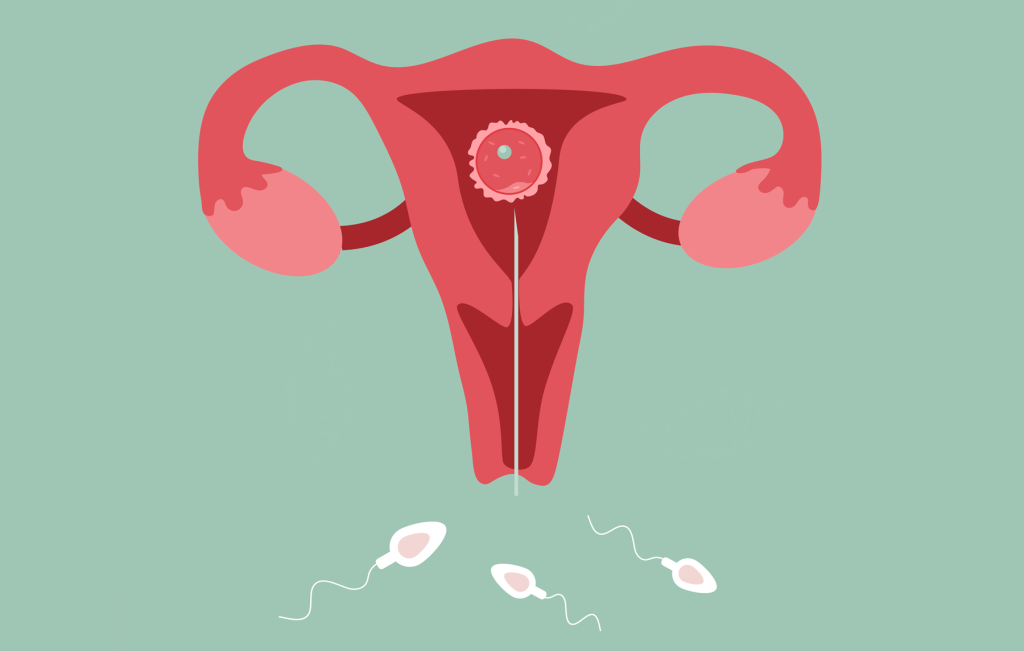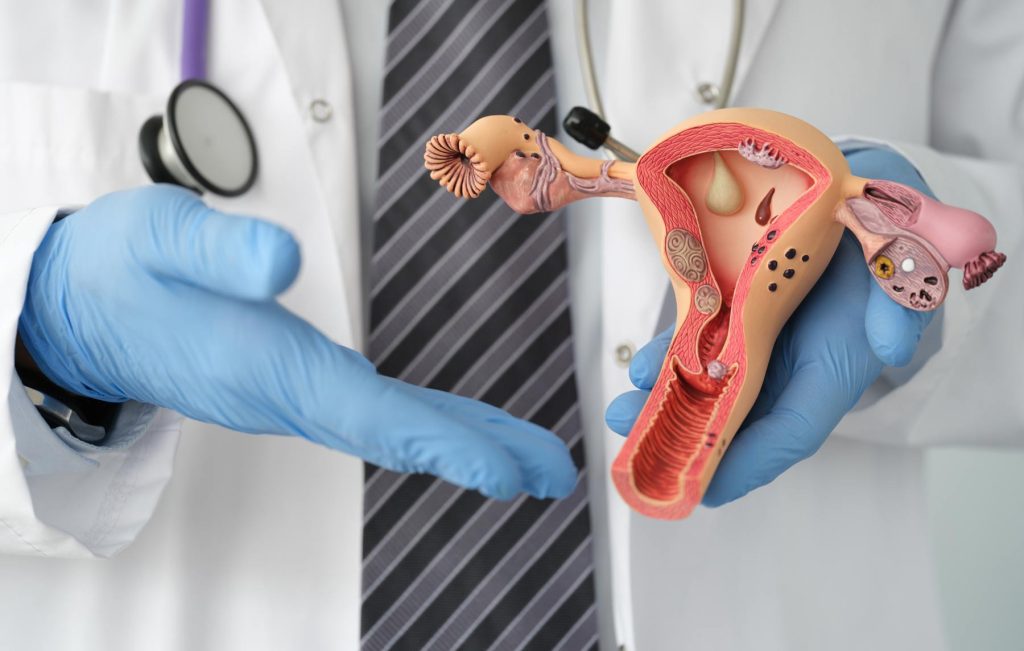- About
Our consultants
Meet our experienced team of consultantsSupport team
Meet our support team working alongside our doctors to deliver the very best careOur clinic
Discover more about The Fertility & Gynaecology Academy
- Patient journey
I am a...
Learn about the services relevant to your fertility journeyThe journey...
Learn about what's involved in fertility treatment
- Fertility tests
Packages
Fertility testing packages to take the hassle out of investigations
More screening options
Find out about our additional screening options - Treatments
Getting pregnant
Fertility treatments to help you achieve your dream
Add-on treatments
Learn about add-on fertility treatments
Supporting treatments
Additional services to support you on your fertility journey - Success rates
- Knowledge hub
Watch, read, and learn
Expand your knowledge on all aspects of fertilityLatest article
- Pricing
Financing fertility treatment
Honest and transparent pricing for peace of mind
No two patients have the exact same treatment but here we have provided an example patient journey to help illustrate what a straight-forward IVF cycle might look like cost-wise.
- Contact
Intrauterine Insemination (IUI)
IUI is considered to be a more ‘natural’ method of assisted conception, when compared to IVF
If you plan to try for a baby using donor sperm, or if you are a heterosexual couple struggling to conceive via natural means, you may be considering IUI.

IUI is considered to be a more ‘natural’ method of assisted conception, when compared to IVF
If you plan to try for a baby using donor sperm, or if you are a heterosexual couple struggling to conceive via natural means, you may be considering IUI.
We know that every patient is different and each fertility journey brings its own worries and hopes. We will work with you to determine the right fertility treatments to help make your dream of a baby a reality.

What is IUI and how is it done?
Intrauterine insemination (IUI) is an assisted conception technique (also known as ‘artificial insemination’) in which sperm is placed directly into a woman’s womb at the time of ovulation, to aid conception.
Sometimes IUI is conducted without the use of fertility drugs, often when a woman is using a sperm donor. Other times, IUI is conducted using fertility drugs (‘stimulated IUI’) to stimulate the woman’s egg production process. This can increase the odds of successful conception, but it also makes the chance of multiple births greater. A good fertility doctor will help you to weigh up these decisions.
Everything you need to know about IUI
The IUI process may vary according to your medical history and clinical recommendations but a typical IUI round proceeds like this:
Fallopian tube check: To undergo IUI, your fallopian tubes must be healthy and open. To make sure, your clinic will give you an Aqua Scan or an Hysterosalpingogram x-ray (HSG).
Fertility Medication: Some women take fertility drugs to stimulate egg production. Others opt to undergo IUI within their regular menstrual cycle.
Scanning: If you’re taking ovulation stimulation drugs, you will be scanned to monitor the number of ovarian follicles developing. Too many follicles can present a risk of multiple pregnancy, and in such cases your doctor will advise that either the cycle be cancelled, reducing the number of the follicles by aspirating them (follicular reduction) or converting the cycle to IVF.
Ovulation testing/hormone injection: The woman will undergo ‘cycle monitoring’ (blood testing/scanning) to keep watch on ovulation and identify the best time for insemination. If you are having ‘natural’ IUI, you will be tested to identify when you are close to ovulation. But if you are having stimulated IUI, when you are ready the clinic will administer a hormone shot to help your eggs mature and ovulate.
Sperm washing: A semen sample – either from a donor or male partner – is ‘washed’. This process removes poor quality sperm from the sample.
Insemination: After sperm washing, the best sperm are injected directly into the woman’s uterus, using a specially designed ultra-thin catheter. This catheter places the sperm near the uterine entrance of each fallopian tube – which means the sperm have a shorter distance to swim to reach the eggs. This is usually fairly painless and swift.
Pregnancy testing: You will be told the date of your pregnancy test. It may feel difficult to resist testing before then, but it really is best not to do so – early testing can yield inaccurate results.
Most often, IUI is chosen by single women or lesbian couples using sperm from a donor.
Some heterosexual couples experience what is termed ‘unexplained infertility’ – their reproductive systems appear to be fine, but they have been unable to conceive. Sometimes these couples wish to try IUI (usually stimulated IUI) before considering the more costly and invasive IVF.
Then there are couples that are not able to have (or would have with great difficulty) vaginal intercourse – perhaps because of a psychosexual issue or a disability. IUI is also opted for by people who need medical intervention such as sperm washing to achieve a safe pregnancy (for example those who are HIV positive).
Keep in mind that if you have a diagnosis that constitutes a serious fertility issue (for example low egg quality, endometriosis, low ovarian reserve, blocked fallopian tubes, or male factor infertility) IUI is unlikely to be recommended. Instead, IVF should be considered.
IUI is generally an incredibly safe treatment.
The biggest concern with IUI is that when performed with ovulation induction drugs it may lead to multiple births (twins, triplets etc). Multiple pregnancies carry greater risk of complications to mother and baby. However, if you are taking such medicines, a good clinic will scan you throughout the process to check on how your follicles are coming along. The more follicles that develop, the more eggs that will develop, and if you are producing too many, your consultant will advise you to halt the treatment.
If IUI doesn’t work, many patients will then consider In-Vitro Fertilisation (IVF) – a more expensive and invasive fertility treatment, but one with much higher success rates.
When considering IUI, it’s helpful to factor in several attempts. If you experience an unsuccessful IUI cycle, you can either try again right away or have a break. Most patients will have more than one IUI cycle before they successfully conceive, with around three or four attempts considered the ‘sweet spot’ to know whether or not IUI is ever going to work for you. (And remember that in any case, you’re more likely to conceive if you choose stimulated IUI). Factoring all this in, and considering that time is fertility, some patients decide to go straight to IVF.
Here at the Fertility and Gynaecology Academy, we have a wealth of exacting tests, specialist methods and state of the art technology to help couples struggling to conceive. Every patient is an individual, and not every fertility treatment is the right one. Throughout your journey, we will provide exacting advice for your body and budget, to give you the best chance of success.
IUI (Intrauterine Insemination) and IVF (In-Vitro Fertilisation) are both forms of assisted conception but they have important differences in method, cost, and success rates.
With IVF, a woman is given fertility drugs to stimulate egg production. IUI can be conducted either with or without the use of fertility drugs.
IUI is considered a more ‘natural’ process than IVF. Both IUI and IVF involve sperm ‘washing’ (selecting the best swimmers). But with IUI, the sperm is inserted into the woman’s uterus in the hope of natural egg fertilisation.
With IVF on the other hand, the woman’s eggs are fertilised with the concentrated sperm in a laboratory (‘in vitro’). Then, the best quality fertilised eggs or embryos are selected and placed into the woman’s uterus to grow and develop. This more complex, invasive process gives IVF a far greater chance of success than IUI.
An IVF cycle will usually cost at least three times an IUI cycle fee. But IVF is around three times more likely to result in pregnancy.

Get in touch today
Our expertise is second to none and we employ state of the art technology and methods in testing and treatments. Call the friendly, knowledgeable team at The Fertility and Gynaecology Academy now on 020 7224 1880 to find out more or book a consultation.




